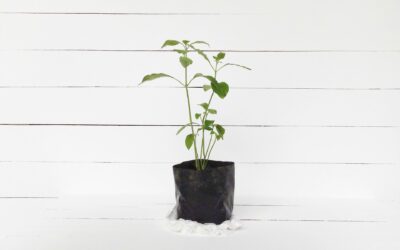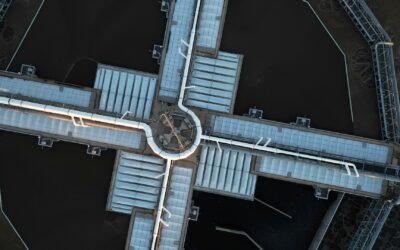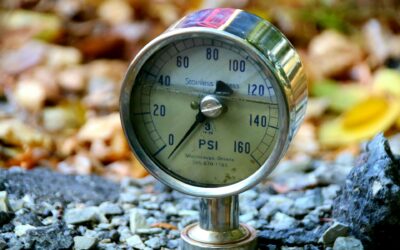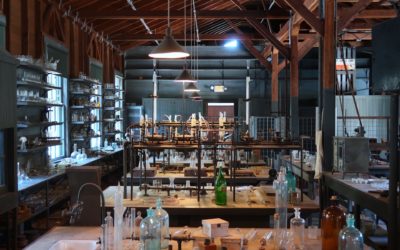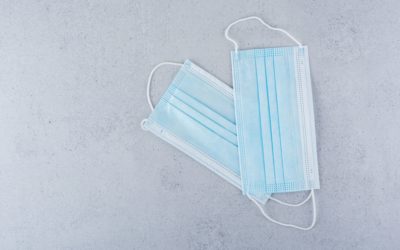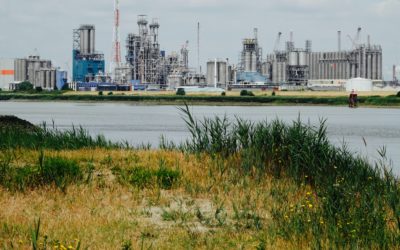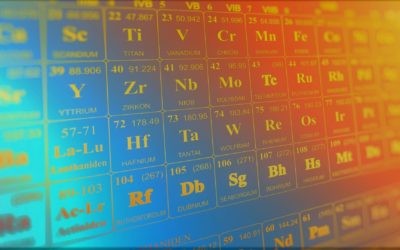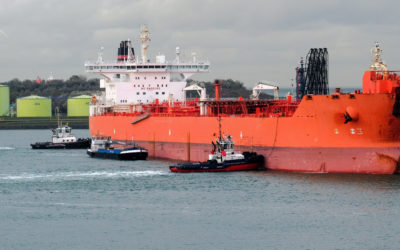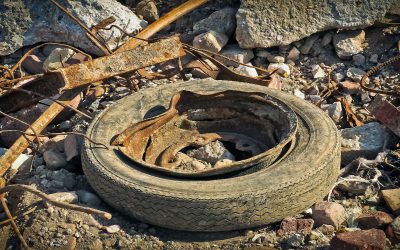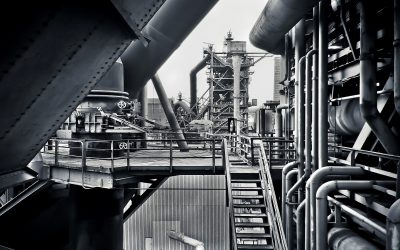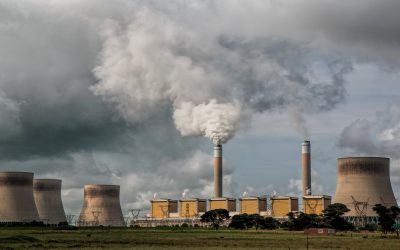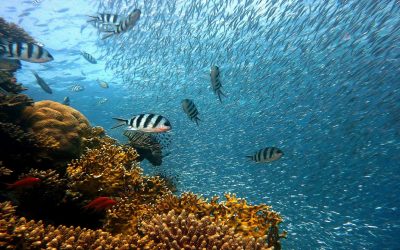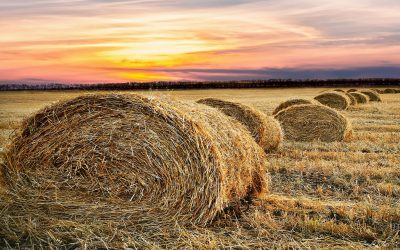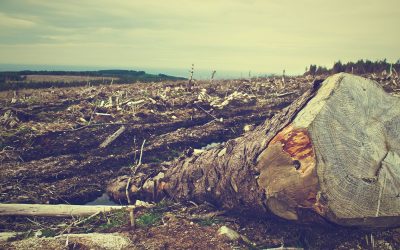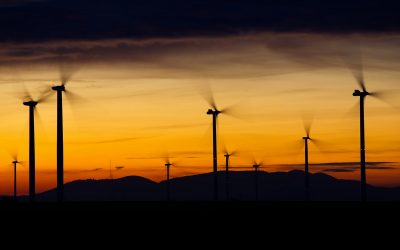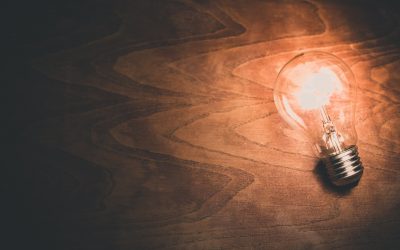CARTIF projects
Renewable hydrogen and natural gas production and storage
Description
The project focuses on the development of an integrated process for the production of green hydrogen and hydrogen carrier molecules (energy carriers) for use as renewable fuels to replace current fossil fuels. To this end, and thanks to the acquisition of various equipment through this action, planned research will be carried out to develop innovative thermochemical and catalytic conversion technologies from different carbon sources considered as renewable raw materials: agroforestry biomass, agro-industrial waste and industrial CO2 emissions of biogenic origin. The new process and technologies proposed to be developed will make it possible to obtain gases with high energy content to be used as substitutes for natural gas of fossil origin, e.g. hydrogen and renewable methane, as well as H2 chemical storage molecules such as methanol and formic acid. As raw materials for obtaining these products, the use of waste generated in the agri-food industries (common in the productive fabric of the region of Castilla y León) and sludge from WWTPs is proposed.
Objectives
- Acquisition and commissioning of new equipment.
- Development of an integrated process for the production of green hydrogen and hydrogen carrier molecules for use as renewable fuels to replace current fossil fuels.
- Development of catalysts suitable for supercritical catalytic gasification (SCG) and steam reforming processes.
Activities
- Acquisition and commissioning of new equipment.
- Supercritical catalytic gasification (SCG) of waste from the agri-food industry and WWTPs with a high water content, generating a gaseous, a liquid and a solid fraction.
- Catalytic steam reforming of the gaseous fraction generated during the GCS, followed by Water Gas Shift (WGS) treatment to obtain a gas (mainly CO2 or H2), which in turn can be used to obtain renewable CH4, or for the production of methanol or formic acid.
- Anaerobic digestion of the liquid fraction generated during GCS, which has a high organic matter content, for the production of renewable methane.
- Valorisation of the solid fraction obtained during SCWM through its use as fertiliser, given its high carbon and mineral content.
R&D Line
- Research on chemical-catalytic reaction processes, heterogeneous catalysts and adsorbent (bio)materials.
CYL Infrastructures 2022
Expediente: 2022 CCTT 09
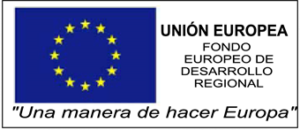
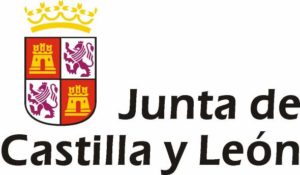

Total Budget: 293,000 €
CARTIF Budget: 293,000 €
CARTIF Financing: 146,500 €
Duration: 19/09/2022 – 31/05/2023
Co-financed with ERDF funds contributing to Objective OT1 “Promote technological development, innovation and quality research” of the Castilla y León ERDF Operational Programme.
Responsible
David Díez
Division of Agrifood and Processes
Networking
Biotechnology projects:
Controlled Environment and Plant Health Pilot (PAC-SAVE)
CARTIF ProjectsPAC-SAVEControlled Environment and Plant Health PilotDescriptionCARTIF's PAC-SAVE project aims to develop a Controlled Environment and Plant Health Pilot to investigate the resilience of crops and forests to climate change. Through advanced technologies...
Waste treatment for energy and material recovery in industrial processes
Increase the extractability of protein sources and other compounds of nutritional interest, naturally present in by-products generated in the transformation processes of the food industry, through the use of “green technologies” of pre-treatment such as extrusion
High-pressure processes for the generation of high value-added products
Increase the extractability of protein sources and other compounds of nutritional interest, naturally present in by-products generated in the transformation processes of the food industry, through the use of “green technologies” of pre-treatment such as extrusion
CO2SMOS
CO2SMOS project propose an innovative solution to develop new technologies based on processes for the conversion of biogenic CO2 and renewable raw materials into high value-added (bio)chemical products for chemistry sector and bio-based industries.
H2METAMO
H2METAMO focuses on the development of compact and efficient plants for the generation of hydrogen carrier molecules. It has two main lines: one to generate methane and one to produce ammonia.
WoodLi
WoodLi project focuses on the development of bioadhesives for use in the manufacture of wood-based panels used, among others, in the construction sector. The bioadhesive of the WoodLi project will differ from commercial adhesives in that it will be of renewable origin and will not present toxicity problems
VALOMASK
VALOMASK project aims at the design and development of sustainable management of single use face masks in the context of the COVID-19 outbreak. The initiative arise due to the exponential increase in medical waste generated during the pandemic.
FRONTSH1P
Frontsh1p will contribute to further the green transition in the Polish region of Lódzkie. A region that on the one hand, traditionally heavily relies on coal extraction, and on the other hand, has pioneered circular (bio)economy since the early 2000s. The region has always been in the forefront of innovation and has become one of the leading regions in the field of circular economy.
CATCO2NVERS
Reduce GHG emissions from the Bio-Based Industries by developing 5 innovative and integrated technologies based on 3catalytic processes. It will transform waste CO2 from 2 bio-based industries into 5 added-value chemicals: glyoxylic acid, lactic acid, furan dicarboxylic methyl ester…
DELOREAN
DELOREAN aims to obtain new raw materials from the treatment of waste generated in a critical sector in the región, the automotive industry. The three wastes investigated (tires, lubricating oils and polypropylene) are generated in high quantities and their polluting nature makes it necessary to develop new ways for their management and use.
BioSFerA
BioSFerA aims to develop a cost-effective interdisciplinary technology to produce sustainable aviation and maritime fuels. The overall process, combining thermochemical, biological and thermocatalytic parts is based on the gasification of biomass and other biogenic waste and the 2-stage fermentation of the produced syngas.
LIFE LANDFILL BIOFUEL
The aim of LIFE LANDFILL BIOFUEL is to demonstrate the technical performance of a cost effective solution based on the implementation of new exploitation techniques of the waste cells to enhance the biogas production
BIOMOTIVE
The BIOMOTIVE project aims to demonstrate the production of new high-performance biomaterials (thermoplastic polyurethane, foams and fibres) for the automotive sector, with the objective of revolutionising the market.
ZEOCAT-3D
The ZEOCAT-3D project addresses the conversion of methane, from natural gas and biogas, into aromatic hydrocarbons of high added value and easily transportable
REPLACE
REPLACE aims at developing new methodologies to try to solve a critical environmental problem, the destruction of plastic wastes proceeding from petroleum.
LIFE BIOMASS C+
LIFE Biomass C+ aims to demonstrate improvements in climate mitigation strategies through the production of sustainable biofuel.
AQUAMUNDAM
AQUAMUNDAM pursues an improvement in the sustainable management of the integral water cycle, for this the development and demonstration of both methodologies and a modular information system that facilitates inter-administrative communication and of different agents with competence in the integral management of water is contemplated
REHAP
REHAP aims to strengthen the European bio-economy industry by creating novel materials from agricultural and forestry waste, and considering how they can be used commercially in the green building sector.
VALOR-PLUS
The VALOR-PLUS supports the realisation of sustainable, economically viable closed loop integrated biorefineries through the development of new knowledge, (bio-)technologies and products that enable valorisation of key biorefinery by-products.
BIOREFINERÍA FT
The FT BIOREFINERY Project consists in developing a technology that allows obtaining 2nd generation liquid biofuels (synthetic diesel) and electrical energy, through the application of gasification and co-gasification processes, of different types of solid and / or liquid waste ( herbaceous biomass, lignocellulosic, glycerin, etc.)
BIORECOS
The BIORECOS Project aims to design and build a demonstration plant of a modular nature that allows, through pyrolysis, the production of charcoal and / or active coal, as well as the generation of electrical energy.
